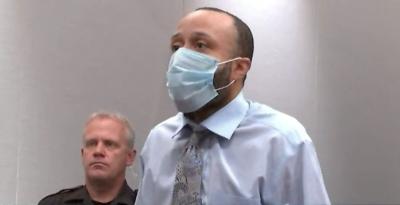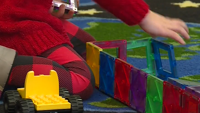MADISON (WKOW) -- From questioning the judge's legal expertise, to badgering witnesses he is accused of harming, to taking his shirt off in court, legal experts say Darrell Brooks' trial has been one of the most chaotic they've ever seen.
Keith Findley, a Professor of Law at the University of Wisconsin Law School, said any time a defendant chooses to defend themselves, it can present challenges. In Brooks' case, he said these challenges have been amplified dramatically by his bizarre behavior.
"It's quite atypical. It's erratic. It's at times nonsensical," Findley said.
Findley said Brooks' behavior has put Judge Jennifer Dorow in a difficult position, where she had to honor his constitutional rights while also respecting the court's time and ensuring that proceedings move forward. Findley believes she has handled things professionally.
"I think she has done what she can, in this very difficult situation, to permit him to do what he has a constitutional right to do represent himself, while constraining the more bizarre and disruptive aspects of what he's doing as much as she possibly can," Findley said.
John Gross, a Clinical Associate Professor at the University of Wisconsin Law School, believes Brooks' antics may have been an attempt to create confusion and ambiguity on the record, and even possibly delay the inevitable.
"I think this is very much an effort on his part to delay the inevitable and the inevitable being that the jury is going to get this case that they are going to deliberate and render a verdict. And I think, Mr. Brooks, you know, is concerned about what that verdict is going to be," Gross said.
In the midst of disruptions, Gross believes Judge Jennifer Dorow has done a good job of putting everything on the record, so that it will reflect she did everything in her power to honor Brooks' rights if and when he appeals.
"All of that record that the court is making is to prevent an appellate issue, and is to make it clear that when Mr. Brooks inevitably appeals any judgment that is handed down, that, that appellate court will be able to see fully what was going on in that courtroom," Gross said.
Brooks' case will soon be in the hands of a jury. Both Findley and Gross say it is hard to say how long deliberations could last, given how many charges Brooks is facing.














